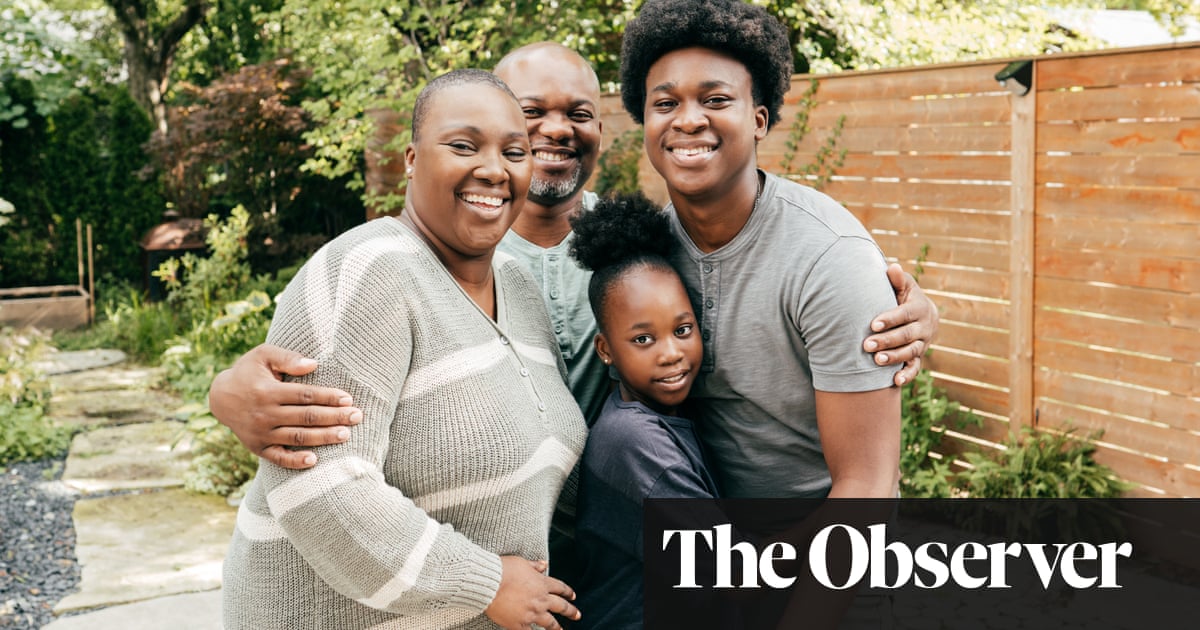Advice on looking after young children from parenting columnist Séamas O’Reilly
My father doesn’t give much advice, which is a bit of a pisser considering he should know more about parenting than any man alive. He raised 11 children, and did most of that as a solo parent after my mum died tragically young. While she was alive, my parents supplemented their existing family responsibilities by fostering half a dozen children alongside their own, some for years at a time. He should, by rights, be a repository of information, the end-boss of disapproving dads needling me over every misstep and false start.
He is not. He is stringently, almost frustratingly, loath to wade in with advice, even when prompted to do so. In six years of being a dad, I’ve only managed to record a tiny smattering of guidance he’s offered, scattered in my direction like gems from a reluctant king. First among those is his famous contention that “babies bounce”. He means this, more in consolation than recommendation, as a descriptor of infants’ incredible ability to persevere, and an inducement to worry less about all the horrible things that can, and will, happen to them.
As for prohibitions, it was only under extreme duress that he eventually confessed that he distrusts “baby talk” and doesn’t see the point in speaking nonsense to children. Instantly, his penchant for delivering lectures to his grandchildren about the drainage of nearby fields, or the correct way to install a septic tank, made perfect sense. Other than that, any advice offered has been limited to assurances that everything will be alright, or perhaps a stern telling off when one of our children messes with the sacred contents of his fridge.
He gives two main reasons for his reluctance to offer counsel. The first is all the unwanted advice he and my mother received from their own forebears, a generation who decried my parents’ “touchy-feely” attitude to family; namely, hugging and speaking to their children. This was rural Ireland in the early 1970s, a time when getting down on the floor and playing with your children was considered, if not actively illegal, then at least a very clear sign of mental illness.
The second reason, however, is that he insists with a straight face that he doesn’t know what good his own advice would do. He claims the main thing he learned from parenting a, frankly, reckless number of children is that there are no one-size-fits-all fixes. Having achieved, you’d think, a sample size sufficient to deduce the secrets of child development, he instead found randomness everywhere he looked. Some of us walked at nine months, others two years. Some ate everything, others nothing at all. Some were borderline mutes ‘til the age of three, others chatting with the nurses as they slapped our bums and cut the cord. And all of us turned out, basically, fine. His contention, then as now, is that anyone telling you there’s only one way to soothe a child – or bid them to eat or sleep or read Shakespeare – is selling you something. And not just a book, but something more sinister still: the idea that you are always doing something wrong.
There are days when I wish he was more demonstrative, but I realise what I really want is for him to step in and tell me the hidden secrets that will make the harder parts of parenting a little less daunting. But as much as I still desire a silver bullet that will end the sleepless nights and interminable meal times, the best advice he’s given me has been, annoyingly, its absence. If I had to distil his world view into one precept it would be the only real piece of advice I give parents to this day: you know more than you think.
Advice on looking after older parents from family expert Joanna Moorhead
Time was, you were the one calling your mum and dad for advice. Should you buy a new house? What did they make of this issue with one of your kids? Or, I want to vent about this personal or work relationship?
But at some point, usually between your 40s and your 60s, the power balance shifts. Gradually, it’s them needing support and advice. Should they sell up and move somewhere more manageable? How should they tell your sister they can’t handle looking after her kids any more? Or your mum calls to go on about how difficult your dad is, now he’s finally retired.
Every family relationship is always in flux: but this shift is more momentous than most, because it feels like everything is up-ending. At its most extreme, you feel like the parent, and they’re the child. Even a subtle variation – those incidents where you see your parent looking to you to to make the decision, to make things OK – can be shocking.
after newsletter promotion
As with every relationship, the key is awareness: awareness of yourself and what this shift means to and for you, and awareness of your parent/s and what theirs means to and for them. Let’s start with the latter, as the change is driven by your parents’ ageing. From their point of view, they’re moving from the driving seat of the family car to the back seat. That comes with a sense of relief, but also fear: it’s a loss of control, and human beings are wired to want control, at least over their own lives.
From your point of view, you’ve reached proper adulthood: there’s no falling back on the myth that you’re still, at some level, a kid. That realisation also comes with both relief and fear.
The power shift creates a space for a new way to relate – and into this vacuum can land all sorts of issues. You may feel your parents are being too demanding or too constant; you may feel annoyed, even angry, with them. The more you can empathise with their point of view, and the more aware you can be of hurts you may still be carrying about the way you were parented, the easier this recalibration will be: at least you’ll have a sense of where it’s rooted.
Every situation is different, but there are some big points to keep in mind. First up is that, whatever is happening now, or will happen in the future in your ageing parent’s life, it will never be a reason for you to give up too much of your own life, and dreams, and ambitions. You only have your one life – the one your parents raised you to enjoy. Also, if you give up too much of yourself you’ll become resentful, and this will play out in all your relationships, including that with your parents. So create whatever boundaries you need to, ask for help, and voice your needs/fears (if not to a person, write them down in a journal).
Keep in mind that, though your parents’ lives are narrowing (and so will yours in time), you can help them keep as much width as possible. Encourage them to stick with their exercise class, or to try a new online course, or to have a coffee with that person they just met. Old age is partly about loss, and you can help them stave that off for as long as possible.
Finally, as with parenting your own children, the key to almost everything is to have fun together. Sure, that’s harder with ageing parents: but seek out the things you both enjoy. Watch old movies together; go for walks in the park; play the board games you enjoyed years ago. At its best, being with your parents as they age can give you the space to revisit happy times from your own past, as well as from theirs.










